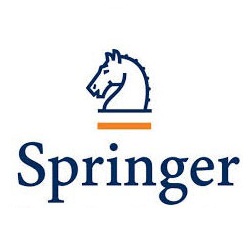Abstract
The refugee crisis in 2015 and 2016 has brought the region of the Western Balkans back into the international news headlines. For months the so-called ‘Western Balkans-Route’ was a major arterial road for refugees with the ultimate goal of reaching Germany and other Western European countries. This chapter starts by establishing a conceptual model, based on Rogers Brubaker’s relational argument, to explain the continued importance of nationalism and consequently of border (power) politics in the region. By illustrating the conflict between Croatia and Serbia over refugees in fall 2015, the chapter reveals the structure of newly emerging political battles and identity discourses surrounding the concept of borders and demarcations in the Balkans. The chapter argues that developments on and around the ‘Western Balkans-Route’ contributed to the re-emergence of concepts of borders and demarcations in the political realm. The refugee crisis re-opened and re-fueled old identity conflict lines thus contributing to an increase in nationalist rhetoric and behavior. More substantially, the refugee crisis and subsequent events have contributed to the reaffirmation of borders, and thus strengthening of exclusive nation-state concepts in the Balkans.







